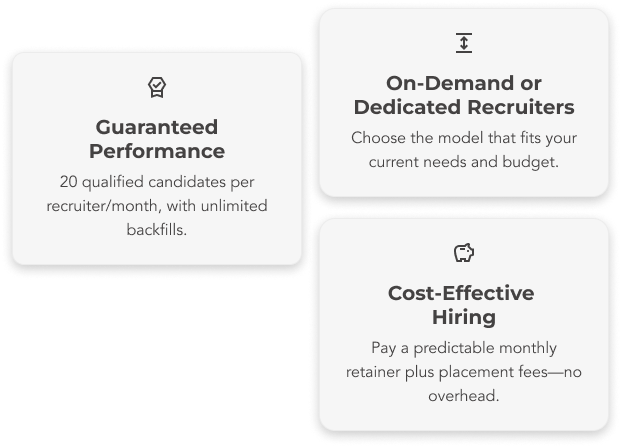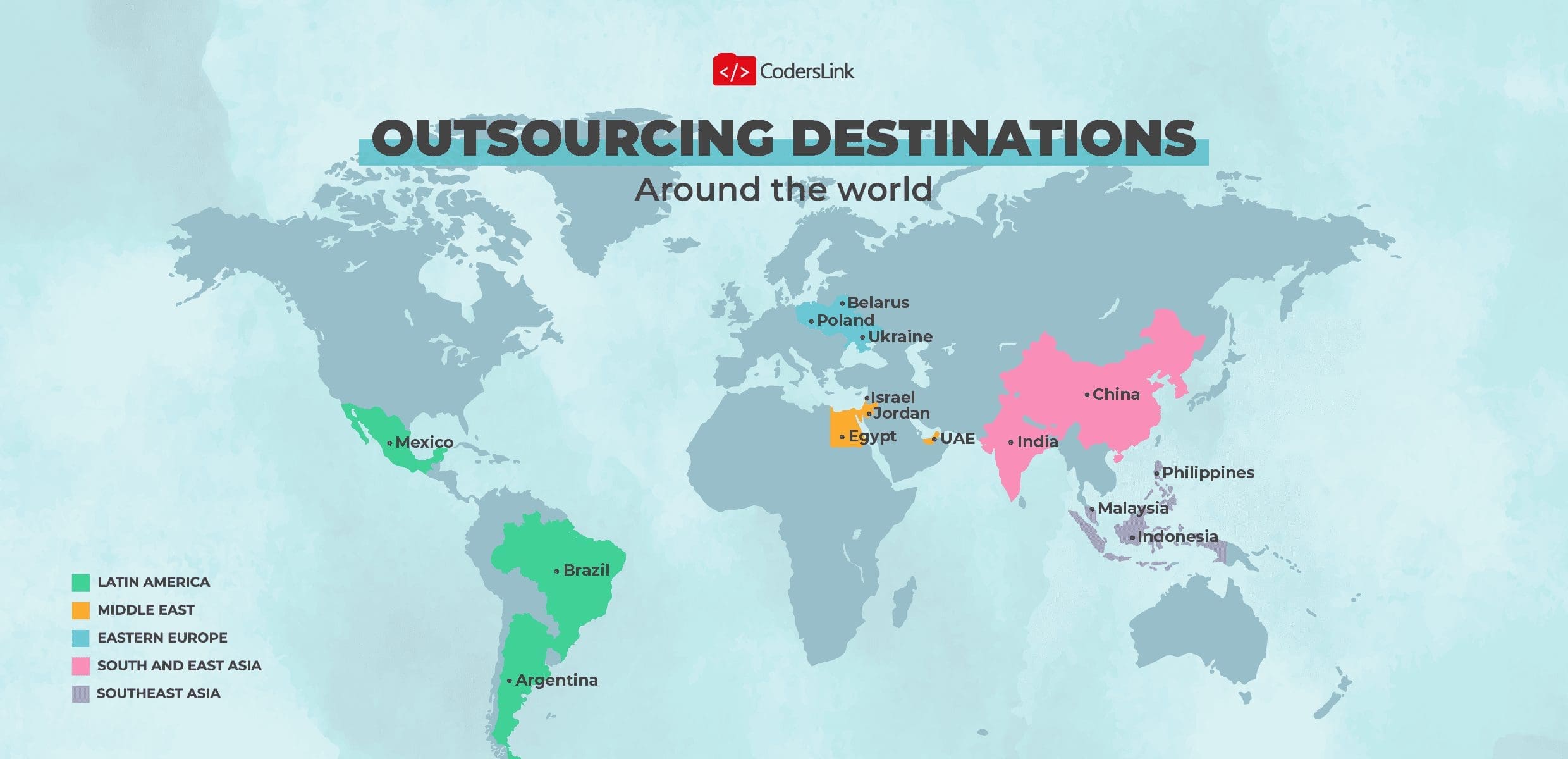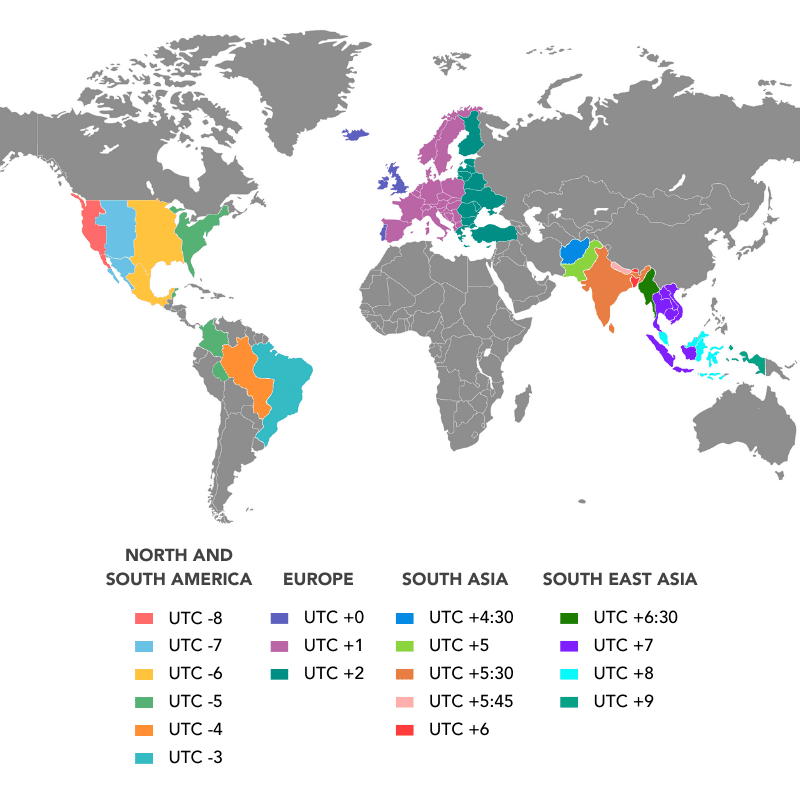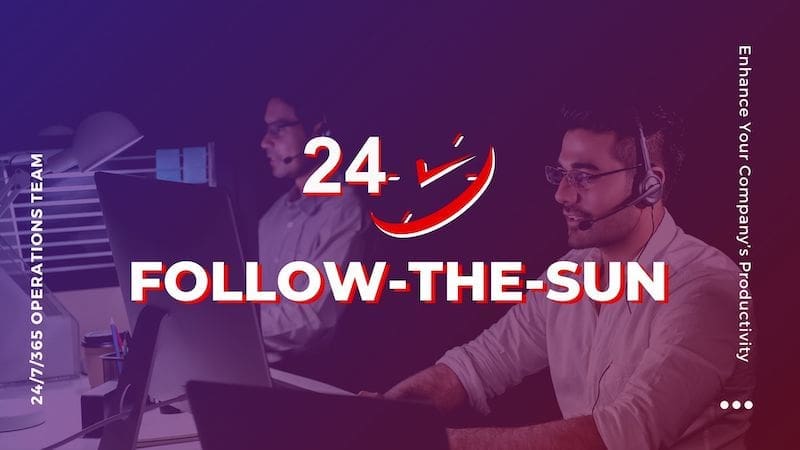Contract & Kickoff
Sign the agreement, set hiring goals, and align timelines.
Fill critical IT roles faster, lower your hiring costs, and stay compliant— all without expanding your internal HR team.
Stop the Hiring Headaches—Get the Right Talent Fast.
Answer a few quick questions to see if our RPO solution is the perfect fit for your business.
No email required—just a quick assessment!
Based on your answers, our Recruitment Process Outsourcing (RPO) solution aligns perfectly with your hiring needs. We’ll help you scale your team quickly, reduce hiring costs, and ensure seamless compliance—without adding internal overhead.
It looks like our Recruitment Process Outsourcing (RPO) service may not be the best fit for your current needs. But don’t worry! We offer other hiring and talent solutions that might be a better match for your business.
From on-demand to fully dedicated recruiters, we provide tailored solutions to reduce costs, streamline your hiring, and ensure LATAM compliance.

Fully dedicated recruiters embedded in your hiring process—handling candidate sourcing, interviewing, and submissions.
Sign the agreement, set hiring goals, and align timelines.
Define job details, processes, and weekly reviews.
Recruiters filter LATAM talent for technical and cultural fit.
Get 3–5 qualified candidates per role weekly with real-time feedback.
We manage interviews, gather feedback, and assist with offers.
Hire the best candidates; we invoice upon their start date.
Weekly updates on pipeline, open roles, and recruiter performance.
Free replacements within 90 days and final feedback at contract end.
Skip the inefficiencies of in-house teams or traditional staffing. CodersLink combines flexibility, expertise, and seamless integration to meet your goals.
Scalable Engagement Models
Adjust recruiter capacity on-demand.
Scalable Engagement Models
Experts in filling niche and critical IT roles.
LATAM Compliance Experts
Stay risk-free with local hiring expertise.
Seamless Integration
Use your tools, your processes—our recruiters adapt to you.
Stay ahead with expert insights, strategies, and industry trends.

What are the true IT outsourcing savings in money and labor costs? We explore them with up-to-date data from 2021.

Discover how big tech companies have tried outsourcing when looking to find new talent and how the growing business strategy helps companies grow.

As companies look to scale their tech capabilities, outsourcing becomes an obvious next step. Companies can get quality developers and engineers at a fraction of the cost of their U.S. counterpart, expanding their capabilities at a greater scale.

Latin America is a rising star in tech talent and global engineer outsourcing. See the top 5 regions and a comparison to other destinations.

IT Outsourcing is known for having teams in different time zone areas. Learn how it affects the work dynamics when it comes to productivity.

Slack, GitHub, and Google’s outsourcing strategy show that even the world’s largest developer team need the perspectives that come from outside talent to advance and innovate truly.

The follow-the-sun model allows companies to provide world-class customer support and uninterrupted software development by having international teams.
These are the questions we hear often
🚀 How soon can we start seeing candidates?
Typically within 1–2 weeks of the onboarding session
🛡️Do you guarantee the quality of hires?
We provide a 90-day replacement warranty for each placed candidate (with an active retainer).
🔁 How do we integrate your recruiter with our processes?
Our recruiters adapt to your tools and workflows, from ATS to Slack or email for communication.
💼 What if we need more (or fewer) recruiters?
You can scale up or down month-to-month based on your needs.
That’s ok. Our team is here for you—Chat with us!
Partner with CodersLink for a proven, cost-effective way to fill your IT roles—while staying compliant, on schedule, and within budget.